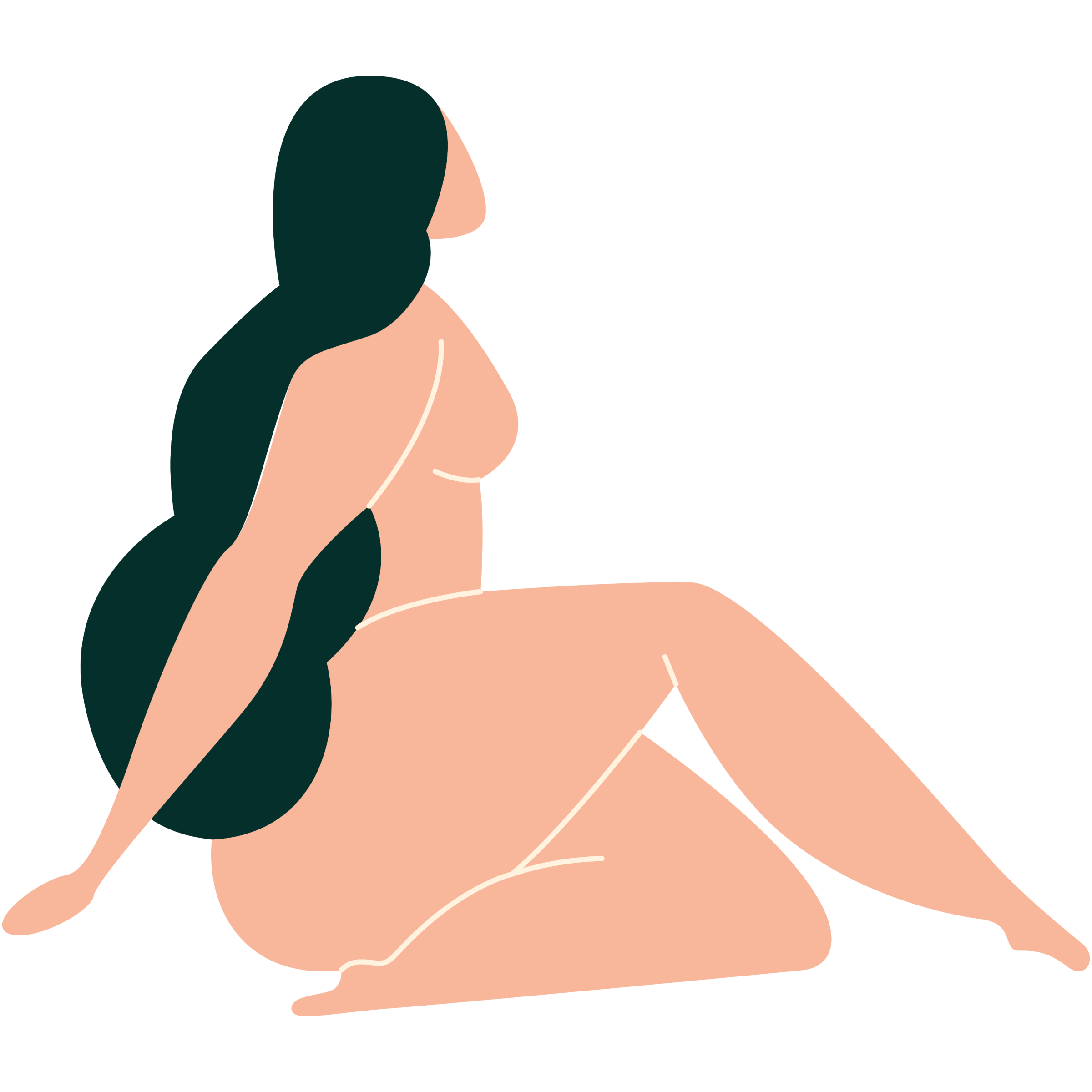
Body
Get to know your body through a better understanding of your anatomy and find the answers to some of your most common questions.
Back
All topics

4 resources

19 resources

6 resources

4 resources

6 resources
Back
All topics

9 resources

12 resources

4 resources

11 resources

2 resources
Back
Back
All topics

17 resources

11 resources

17 resources

2 resources

Mauj Products
We’ve designed our products to help you explore your body, solo or otherwise. Whether you’re a curious novice or a seasoned explorer, this is for you.
Back
All topics

4 resources

19 resources

6 resources

4 resources

6 resources
Back
All topics

9 resources

12 resources

4 resources

11 resources

2 resources
Back
Back
All topics

17 resources

11 resources

17 resources

2 resources

Mauj Products
We’ve designed our products to help you explore your body, solo or otherwise. Whether you’re a curious novice or a seasoned explorer, this is for you.

As women, our bodies are beautifully in tune with the natural ebb and flow of life, mirroring the rhythms of nature in our own menstrual cycles.
It's a powerful reminder of our connection to the world around us, and how changes in our environment, emotions, and physical health directly influence our bodies.
When you reflect on these relationships, you learn the unique language of your body, and you’re able to make informed decisions about your health and lifestyle.
If you’re experiencing a delay in your cycle, here are some of the most common possible reasons for that, other than pregnancy.
When you're stressed, your body releases cortisol, a hormone that can interfere with the production of estrogen and progesterone, the hormones that regulate your cycle. This disruption can delay ovulation, leading to a late period or even skipping it altogether.
Did you know that your body needs a certain amount of body fat to ovulate? Drastic changes in weight can affect this balance. Losing too much weight can reduce the amount of estrogen your body produces, while gaining a significant amount can cause your body to produce too much estrogen, both of which can disrupt your cycle.
High-intensity workouts can decrease the amount of estrogen your body produces, which is essential for regulating your menstrual cycle. This is often seen in athletes who undergo rigorous training schedules, leading to what's known as "athlete's amenorrhea."
When you're sick, your body focuses its energy on healing and fighting off illness, which can temporarily disrupt the hormones involved in menstruation. Additionally, chronic conditions like diabetes or celiac disease can also affect your menstrual cycle over time.
Some medications can interfere with estrogen and progesterone, essential for a regular cycle. For example, psychiatric medications can increase prolactin levels, which may cause irregular periods.
Conditions like PCOS cause imbalances in androgen, estrogen, and progesterone levels, leading to skipped periods or irregular cycles. Similarly, thyroid disorders can disrupt the balance of reproductive hormones, causing changes in your menstrual cycle.
Perimenopause is the transitional phase before menopause, during which your body undergoes various hormonal changes that can lead to irregularities in your menstrual cycle. This phase typically begins in your 40s, but it can start earlier. During perimenopause, you might experience a variety of symptoms including irregular periods, sleep disturbances, mood swings, and changes in libido.
Take a moment to consider the gentle fluctuations in your own life and how they might be echoing through your body. Understanding these rhythms can deepen your connection with yourself and give you a greater appreciation for your body's resilience and adaptability.
While slight variations in your cycle are normal, consistent irregularities should be discussed with your healthcare provider. It might be a sign that your body is trying to communicate something important.
Did you find the answer you were looking for? Is there something we missed? What did you think of this resource? We want to hear from you.




